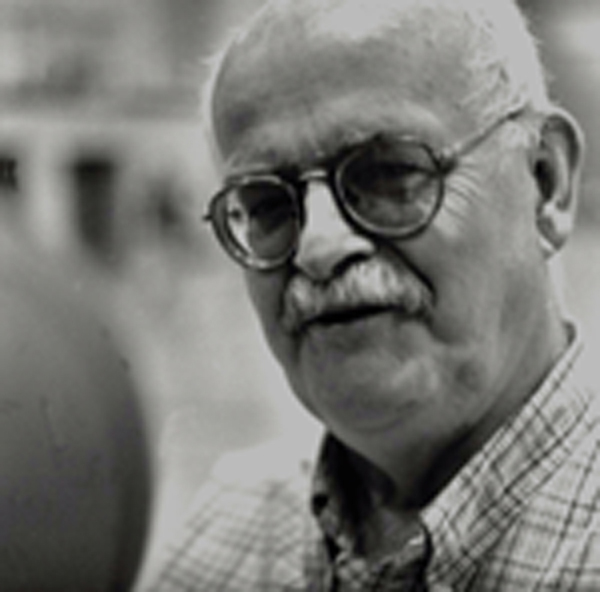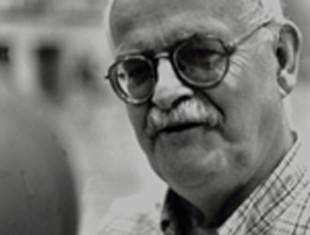TERRY MOSHER
TOP OF THE TOWN ‑ For nearly 30 years I voted on the baseball Hall of Fame ballot for induction into Cooperstown. That stopped for me, and others, who covered baseball for media outlets when a new rule was put in place in 2016 that wiped out voters who had been inactive on the baseball beat for the past 10 years. I was wiped out (I still vote on nominees for the media wing of Cooperstown). I had covered the Seattle Mariners for the Kitsap Sun since when the franchise was granted in 1976 though 1997 (and seven more years as official MLB scorer for Mariners’ games). Voting for possible induction to the revered Cooperstown isn’t easy. You get to vote for as many as 10 players on a ballot that may have at least twice that many or more on it (a player has to be retired 5 years to become eligible to be on the ballot). Landing in Cooperstown is a very special honor and many good ballplayers don’t make it. Even the great Edgar Martinez didn’t make it until his last year on the ballot (players have 10 years on it if they reach least 5 percent of the vote each of the 10 years, otherwise they are dropped from the ballot). It takes 75 percent of the vote to get elected to the Hall. Voting has been made more difficult because of steroids, or PEDs, and even though character isn’t meant to be a factor in voting, it is. Which brings me to this year’s election, announced Tuesday (January 25). Former Mariners Dave (Arias) Ortiz was the only player to reach the 75 percent threshold, getting 77.9 percent. Barry Bonds, 66 percent, and Roger Clemens, 65.2 percent, were second and third. Before I lost my voting privilege, I had refused to vote for those players suspected of taking PEDs. That meant, for me, Bonds, Clemens, Sammy Sosa. I had promised myself I would vote for Bonds on his last year, which as it turns out was this year. Bonds was the best player in baseball before I figured he began taking PEDS, which meant to me that he was a Hall of Fame player without PEDs. I figured that Bonds began using for the 2000 season. He was already 35 and that’s a few years after what is considered the peak years for baseball players. Bonds just took off from 2000 through 2004 when he turned 40. He hit his Major League single-season record 73 home runs in 2001. He had a double negative going for him in his quest to make the Hall. He was not very well liked with media. He could be a first class jerk. I was given an unseemly tough task by my editor one season. I was asked to do a one-on-one interview with Bonds when San Francisco played the Mariners in the Kingdome. I was warned in advance that he would likely not treat me well. Contrary to all that had been written about him, I found him very accommodating. I walked into the visitors’ clubhouse several hours before the game that night and found Barry sitting at his cubicle in his underwear. I asked if I could speak with him and he said, with a smile, sure, sit down. For over a half-hour we talked and he answered all my questions with calmness and poise. In short, he was wonderful. I did not vote for Clemens or Sosa or Curt Schilling, nor would I have if I was still eligible to vote. Schilling would have been a negative for me, as it has for many others, because he is somebody that is extremely difficult to like. Clemens has the arrogance, which should not be a barrier to voting, but is for me. One of the regional radio sports shock talk guy went crazy over the results, saying it was unjust that Clemens and Bonds were not elected. I kind of agreed, although they were getting their just fruits and likely will be inducted into the Hall in some future years by the committee tasked each year to vote on guys had have been overlooked or rejected by the media for PED use. So that is it for today. Stay safe.
Be well pal.
Be careful out there.
Have a great day
You are loved.


